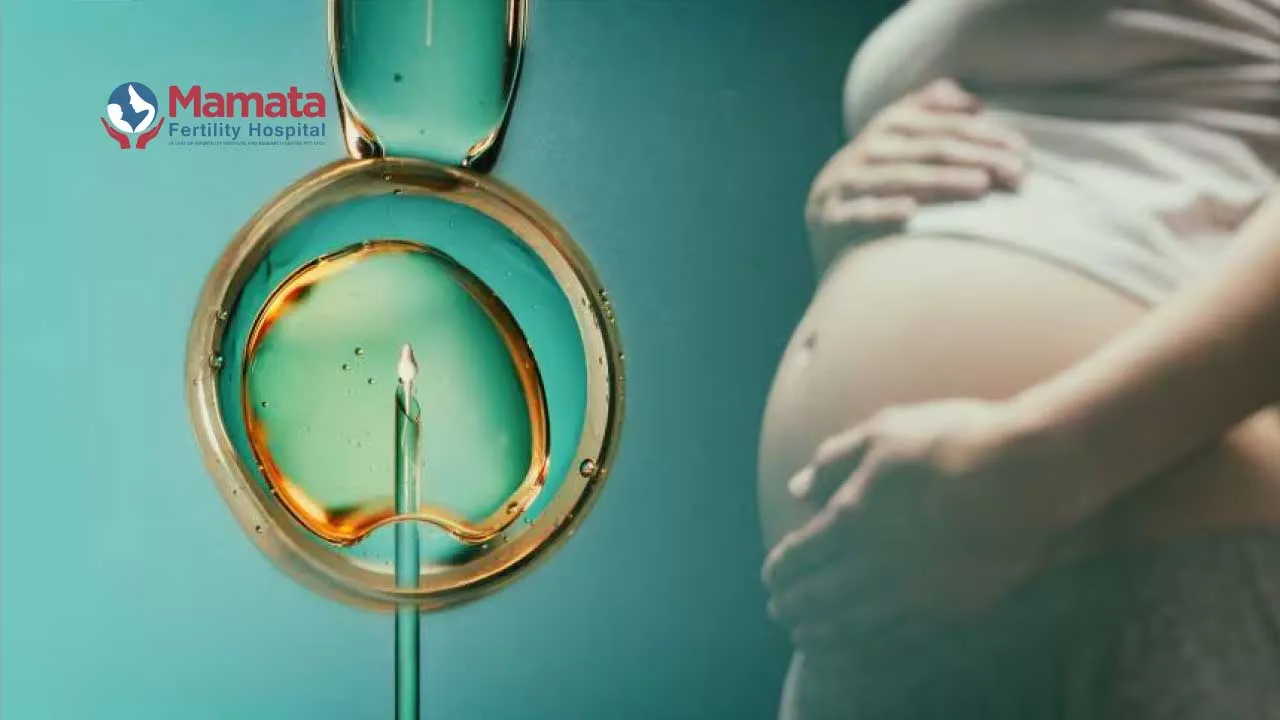One of the most exciting and challenging journeys a couple can undertake is the quest for parenthood. This life-changing path is filled with anticipation, hope, and sometimes anxiety. For some couples, achieving this dream involves assisted reproductive technologies, such as In Vitro Fertilization (IVF), which offers a pathway to conception when natural methods prove challenging. IVF involves retrieving mature eggs from a woman’s ovaries and fertilizing them with sperm in a lab, followed by implanting the embryo into the uterus.
A common question that arises in this context is whether pregnancy can occur during IVF treatment. Understanding the possibility of natural conception involves exploring the intricacies of the female reproductive system, menstrual cycles, and the timing of ovulation. This article aims to address this question by delving into the science behind IVF and natural conception, helping couples navigate their journey towards parenthood with informed confidence.
Understanding the IVF Cycle and Natural Conception
For couples considering or currently undergoing IVF, understanding the process is crucial. The IVF cycle involves stimulating the ovaries to produce multiple eggs, retrieving those eggs, fertilizing them in a lab, and then transferring the embryo back into the uterus. This process is meticulously timed and involves hormonal treatments to optimise the chances of successful fertilization.
Natural conception, on the other hand, involves the release of a single egg during ovulation, which then travels down the fallopian tube to potentially meet sperm for fertilisation. The timing of these events is influenced by the natural menstrual cycle.
How IVF Affects Natural Ovulation and Fertilisation
During an IVF cycle, medications are used to control the timing of ovulation and to ensure the development of multiple eggs. These medications can suppress the body’s natural ovulation processes, making it seemingly unlikely for natural conception to occur. However, it is not impossible.
Differences Between IVF and Natural Conception Timing
The timing of ovulation and fertilisation during IVF is carefully orchestrated by healthcare professionals. In contrast, natural conception relies on the body’s internal cues. The overlap of these two processes can create a unique scenario where natural conception may still occur, albeit infrequently.
Is It Possible to Conceive Naturally During IVF?
Though rare, there have been documented cases of women conceiving naturally during an IVF cycle. This can happen if natural ovulation occurs before the retrieval of eggs, and sperm from a prior or current intercourse fertilises the egg. However, this scenario is not the norm, and couples should not rely on natural conception during IVF as a primary strategy for becoming pregnant.
Factors Influencing Natural Pregnancy During IVF
Several factors can influence the likelihood of natural conception during an IVF cycle.
Hormone Treatments and Their Role in Conception
Hormonal treatments are pivotal in controlling the IVF process. These treatments aim to synchronise the development of multiple eggs and prevent premature ovulation. However, if a natural ovulatory event coincides with the IVF protocol, it can lead to natural conception. This is more likely if there is a deviation in the timing or dosage of the hormonal treatments.
Age and Health Considerations in IVF Cycles
A woman’s age and general health significantly affect fertility outcomes. Younger women tend to have a higher likelihood of natural conception, even during IVF cycles. Additionally, the underlying cause of infertility can play a role. For example, if the male partner’s sperm is healthy and the woman’s fallopian tubes are patent, natural conception remains a possibility.
Risks and Considerations of Conceiving Naturally During IVF
While natural conception during IVF may sound appealing, it comes with its own set of risks. The primary concern is the potential for multiple pregnancies if both the naturally conceived embryo and the IVF embryo implant successfully. Multiple pregnancies carry higher risks for both the mother and the babies, including preterm labour and complications during delivery.
Additionally, it is essential to consider the financial and emotional investments associated with IVF. Couples may have specific goals for their IVF cycle that could be impacted by an unexpected natural pregnancy.
Consulting with Your Fertility Specialist
If you are considering or currently undergoing IVF treatment and have concerns about natural conception during the cycle, consulting with your fertility specialist is crucial. They can provide personalised advice based on your unique circumstances and guide you through the process.
we at Mamata Fertility Hospital Hyderabad have a team of specialists and gynaecologists to navigate you through your parenthood journey
In conclusion, while natural conception during an IVF cycle is possible, it is uncommon. Couples should focus on their treatment plan and maintain open communication with their fertility specialists to ensure the best possible outcomes. Whether you are considering IVF or exploring natural conception options, having a trusted healthcare provider by your side is invaluable.




